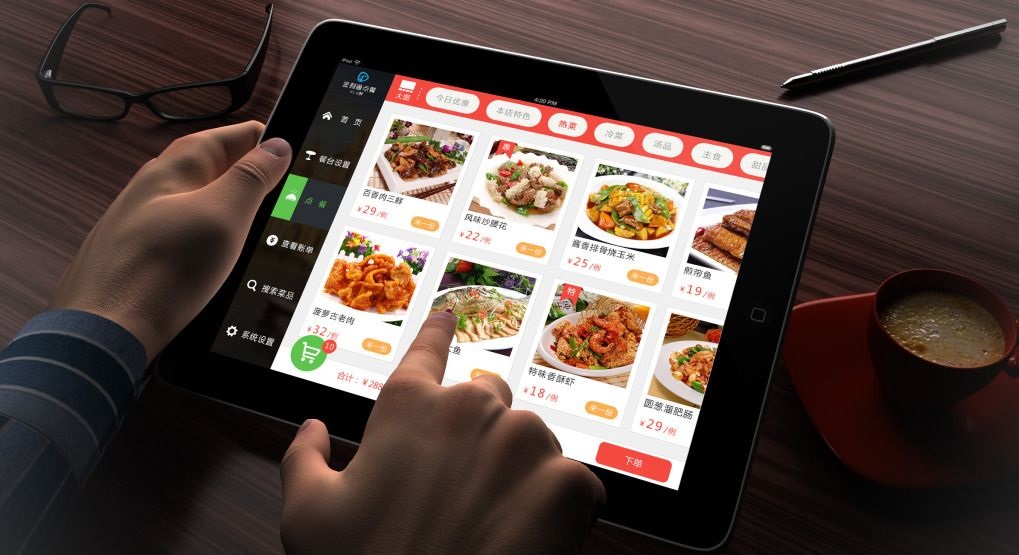In the digital age, high-resolution touchscreens have become pivotal in enhancing user interactions across a broad spectrum of devices, from smartphones to advanced medical equipment. These screens not only deliver superior image quality but also contribute significantly to the precision and responsiveness of user inputs. This article delves into the benefits, technology, and applications of high-resolution touchscreens.
Defining High Resolution
High-resolution touchscreens are characterized by their ability to display a greater number of pixels per inch (PPI), resulting in sharper, more detailed images. This clarity is crucial for providing users with more immersive and visually engaging experiences.
Technological Advancements
The evolution of touchscreen technology has led to the development of displays that can support higher resolutions without compromising performance. Innovations in LCD and OLED technology, including improvements in pixel density and layout, have paved the way for these advancements.
Benefits of High-Resolution Touchscreens
Enhanced Visual Clarity
One of the most significant advantages of high-resolution touchscreens is their enhanced visual clarity. Text appears crisper, and images are more detailed, which is particularly beneficial for applications requiring fine detail, such as graphic design or high-quality video playback.
Improved User Interaction
With high-resolution touchscreens, the accuracy of touch inputs is markedly improved. Users can enjoy more precise control, which is essential for applications involving drawing, gaming, or using complex interfaces. This precision also helps in reducing input errors and improving overall efficiency.
Pixel Density Innovations
The core of high-resolution display technology lies in increasing pixel density while maintaining color accuracy and brightness. This challenge is often met through the use of advanced manufacturing techniques that allow for tighter pixel arrangements without the risk of cross-talk or color bleed.
Touch Sensitivity Adjustments
High-resolution screens require equally high-precision touch sensors. Technologies like in-cell touch, which integrates touch sensors within the display, reduce the physical bulk of the screen while enhancing touch responsiveness and accuracy.
Smartphones and Tablets
The most common applications of high-resolution touchscreens are in smartphones and tablets, where they are used to improve the viewing and interaction experience. High-resolution displays are essential for these devices, as they enhance everything from readability to app usability.
Professional and Creative Uses
In professional settings, high-resolution touchscreens are invaluable. Graphic designers, video editors, and photographers rely on these displays to accurately assess and manipulate their work. Similarly, high-resolution screens in medical devices allow healthcare professionals to view detailed medical images for better diagnosis and treatment planning.
Automotive Displays
In the automotive industry, high-resolution touchscreens are increasingly being used in dashboards and entertainment systems. These displays offer drivers and passengers a clearer view of navigation maps, vehicle diagnostics, and multimedia interfaces, improving both usability and safety.
The Future of High-Resolution Touchscreens
Ongoing Developments
The demand for higher resolutions continues to drive technological developments in touchscreen technology. Future trends may include even higher pixel densities, improvements in energy efficiency, and integration with emerging technologies such as flexible displays and augmented reality.
Expanding Market Reach
As technology becomes more accessible and cost-effective, the use of high-resolution touchscreens is expected to expand beyond consumer electronics to more specialized fields like education, industrial design, and remote work technology.
High-resolution touchscreens are more than just a technological achievement; they are a transformative component of modern digital devices that enhance how we interact with the digital world. As technology advances, these touchscreens will continue to play a critical role in shaping user experiences, making them richer, more precise, and more engaging.

DINGTOUCH is a company specializing in the R&D and production of touch screen technology, headquartered in Shenzhen, China. However, as a professional touch screen supplier, DINGTOUCH commit to providing high-quality, stable and reliable touch screen products to meet the diverse needs of customers. Also We continue to carry out technological innovation and product optimization to ensure that its touch screen products have good sensitivity, accuracy and durability.
In addition to the products themselves, we also focus on cooperation and communication with customers. However, commit to providing customize solutions and excellent after-sales services. Through continuous efforts to improve product quality and customer satisfaction. So we have established a good reputation in the touch screen industry and won widespread market recognition.
PCAP maximum size 65”
Multi-touch
Optical bonding service/air bonding
LCD interface: HDMI/RGB/MIPI/LVDS/EDP, etc.
PCAP interface: IIC/USB interface
Also CTP can customize the cover glass surface treatment process AG (anti-glare), AR (anti-reflection), AF (anti-fingerprint), waterproof, and glove touch
Supports 0.55 mm-12 mm coverslip touch.
Support operating temperature: -40℃-90℃.
We as a professional customized touch screen manufacturer with more than 13 years touch screen experience. So we are welcome to customize your capacitive touch screen . So that here are some of our standard product . Such as 7 inch touch screen, 10.1 inch touch screen ,15 inch touch screen,15.6 inch touch screen,17 inch touch screen,17.3 inch touch screen,18.5 inch touch screen,19 inch touch screen,21.5 inch touch screen, 23.6 inch touch screen,23.8 inch touch screen,27 inch touch screen.Contact our team today to buy a capacitive touch screen are best for our retail business needs.
our other one website: www.szdingtouch.com